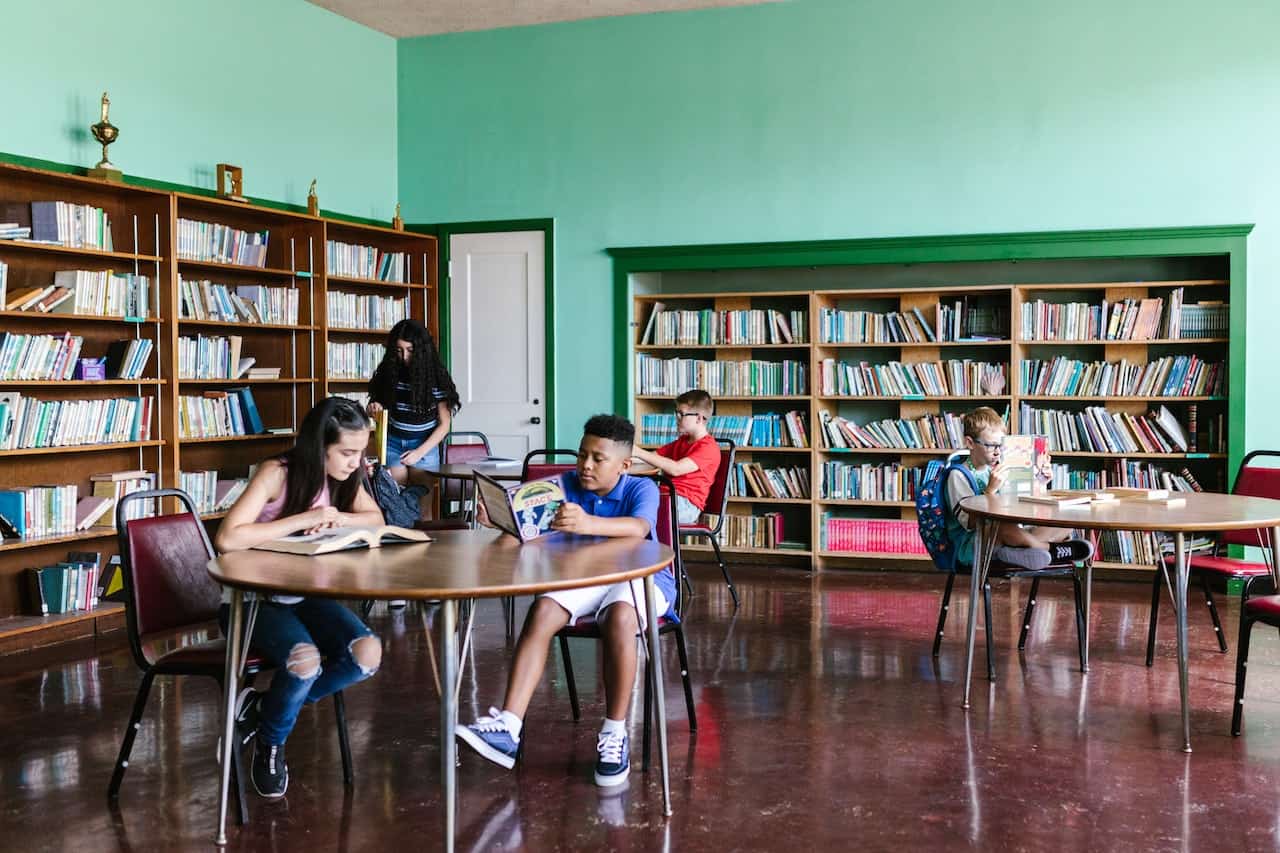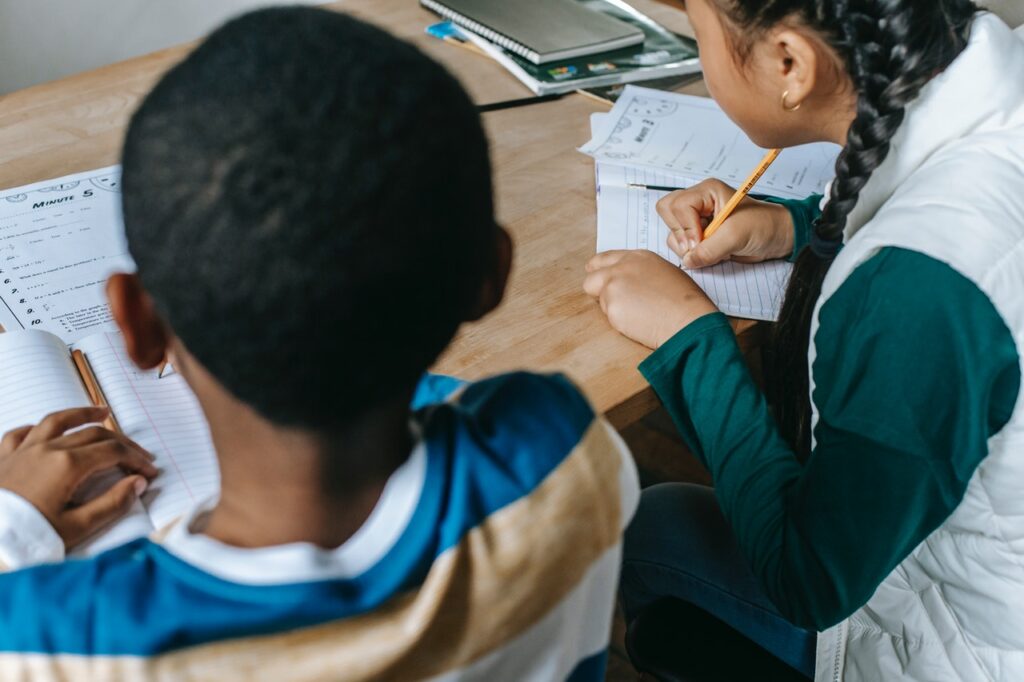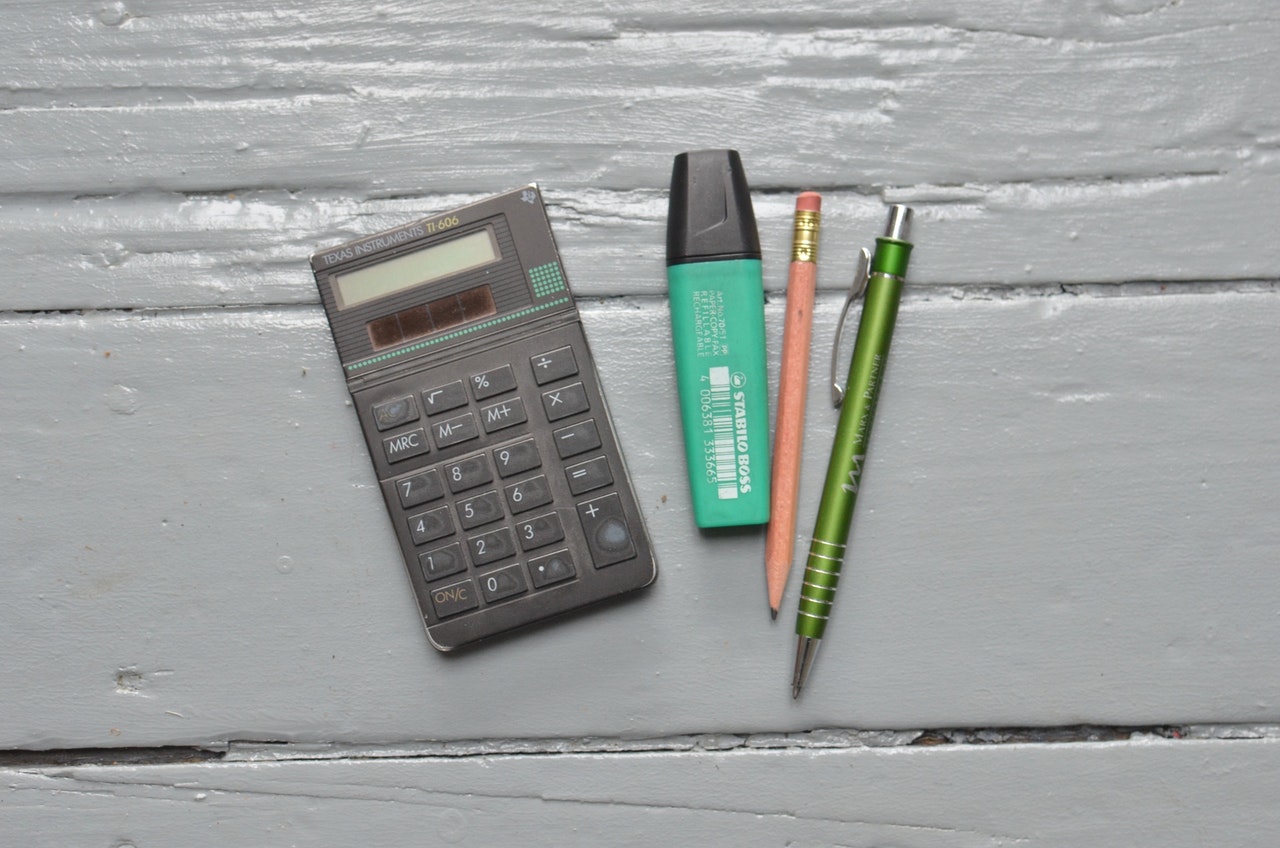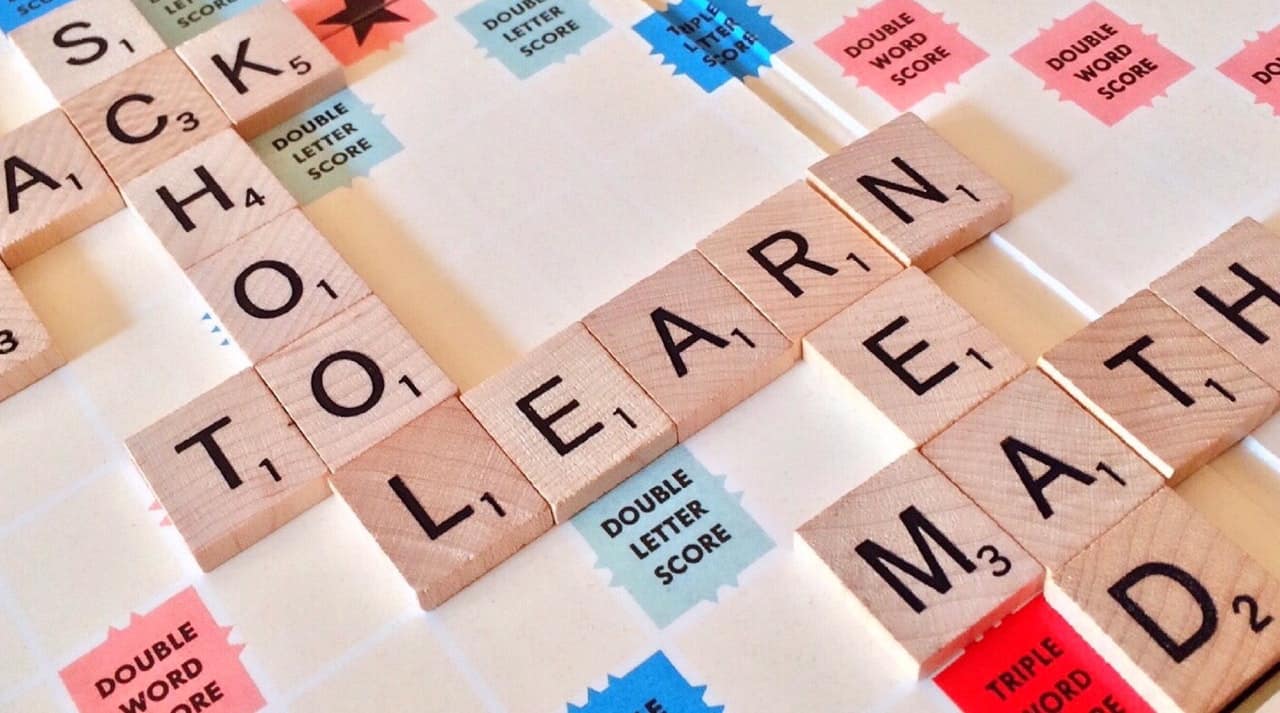Year 7 is a year of transition. It is the year where young primary kids begin their high school lives whilst exploring the ins and outs of a new system of education, and a whole new level of classes!
It is understandable that as a parent, you would want to know what to expect when your child starts Year 7 — what their subjects might be, what changes they might face and other things such as NAPLAN.
Well, this guide features all the detailed summaries of these topics, allowing you to rest easy as your child enters a whole new phase of their life!
So, let’s get started!
Transitioning from Primary to High School
Year 7 English
Year 7 Maths
Other Year 7 Subjects Studied in Australia
NAPLAN
Transitioning from Primary to High School
The transition from primary to high school may pose varying difficulties for every student, however it is certain that each Year 7 student will experience a time of great change and adjustment. With support from your family, you can help your child’s Year 7 transition be as smooth as it can possibly be!
Some things you as a parent could possibly do include:
- Attending orientation days
- Clarifying device and textbook requirements
- Back to school shopping
- Making travel arrangements
- Speak to your child about how they feel about their transition
If you would like some more information on the transition from primary to high school in specific, feel free to take a look at this article:
How to Transition from Primary School to High School
Year 7 English
Year 7 English can be quite a big leap for new year 7 students. The level of writing ability required can sometimes appear daunting and challenging for a new student, however, Year 7 is most certainly a time of transition, and will include making mistakes and learning from them!
The main topics covered in Year 7 English include language, literature and literacy which will cover a variety of English skills that your child will develop in higher grades. They will gain skills in listening, reading, writing and viewing different text types.
Some of the text types a Year 7 student may study include films, poetry, drama, newspapers, journals, early adult novels, magazines and Australian literature! Through a wide range of text types, a Year 7 student will begin to develop a sound understanding of how texts are written, how ideas are communicated and use these skills in their own written work.
If you would like some more information on Year 7 English in specific, feel free to take a look at these resources:
- The Ultimate Guide to Year 7 English
- The Essential Year 7 and 8 Reading List
- How to Study for English in Years 7 and 8
- 5 Basic Years 7 and 8 English Skills You Need to Know
- The Ultimate Years 7 and 8 Vocabulary List to Get Ahead in English
Below is a worksheet that your child might find useful!:
Download Printable Year 7 Spelling Words Worksheets
Year 7 Maths
In Year 7 Maths, your child will cover a variety of topics under three major components — these being number and algebra, measurement and geometry and statistics and probability.
These topics allow for your child to build some basic high school mathematics skills, which will be slowly developed upon as they move through their high school lives. Some subtopics amongst these three major components include a thorough introduction to algebra, financial maths, shapes, work with coordinate planes, chance and geometric reasoning.
If you haven’t heard about it yet, there are also major changes coming to the Years 7-10 Maths Curriculum in NSW, starting from 2024.
Many Year 7 students may find the transition between Year 6 and Year 7 Maths slightly difficult, however, it is not something to be too concerned about as a parent, as it is just part of the natural process as they get used to a new environment.
By the end of the year, your child will have understood the various components taught, and begin to fluently use their problem solving skills to solve and justify their methods in various maths questions!
Other Year 7 Subjects Studied in Australia
Besides English and Maths, your child will be studying a variety of other subjects that hold equal importance. These subjects include science, creative arts, history, geography, languages, PDHPE, and technology and applied studies.
Science
In science, your child will cover broad ideas of various scientific areas and methods, introducing them to many foundational topics from chemistry, physics and biology which will be developed in future years.
Creative Arts
Creative arts is divided into two sections; visual arts and music. Your child will learn the foundations of each subject, covering topics such as art and music history, and learn basic techniques in each such as learning different material practices and sight reading skills respectively.
This will allow your child to tap into their creative and critical thinking side, whilst developing useful transferable soft skills.
History and Geography
In history and geography, your child will cover some basic foundational ideas in these subjects, giving them an idea of whether they would want to further pursue these subjects in higher grades when they are given the option of choosing their own electives.
Languages
The languages your child may learn depend on what their school offers, and what they choose to pick! Year 7 students will learn the basics of their chosen language, giving them the basis to hopefully pursue it further if they choose to do so in the future.
PDHPE
PDHPE lessons will be split into practical and theory components, where your child has the opportunity to go out and be active, learning how to play various team and individual sports, whilst covering important theory topics that underpin higher level PDHPE courses.
Technology and Applied Studies
Last but not least, your child may take technology and applied studies courses in which students apply and are taught basic concepts in Agriculture and Food Technologies, Digital Technologies, Engineered Systems and Material Technologies.
Please note that the combination of classes your child may undertake can be dependent on the school they go to and may not cover all the subjects discussed!
NAPLAN
Now, NAPLAN is not something that will be new to your child, as they would have already sat the exams in both Years 3 and 5. Once they begin high school, they will be required to sit the NAPLAN exams in both Year 7 and Year 9.
Contrary to popular belief, NAPLAN is not compulsory, and parents have the option to withdraw their children from sitting the examinations, however, there is often no harm done by sitting these exams.
A Year 7 student sitting the NAPLAN exams will sit three separate papers, these being reading and writing, language conventions and numeracy.
The reading and writing paper examines your child’s reading comprehension skills over a variety of text-types and their ability to write in a manner that is sophisticated. In the writing section, students will be given a stimulus, which they will have to respond to with either a persuasive, informative or creative piece.
The language conventions exam paper tests your child’s spelling, grammar and punctuation skills with a variety of different question types. Last but not least, the numeracy exam will examine your child’s ability in three areas; number and algebra, measurement and geometry and statistics and probability.
Although there is not much need to stress about these exams, there are practice NAPLAN papers and questions that your child can do if they would like to get used to the formatting!
If you would like some more information on NAPLAN in specific, feel free to take a look at this article!
The Ultimate Guide To The Year 7 NAPLAN
Well, that’s it for this guide! We wish you and your family the best of luck and hope that your transition to high school is a smooth one!
Looking for some extra help for your child in Year 7?
We have an incredible team of tutors and mentors!
We offer tutoring and mentoring for students in Years K-12 in a variety of subjects, with personalised lessons conducted one-on-one in your home, online or at one of our state of the art campuses in Hornsby or the Hills! Nail Year 7 with at home support in Bondi Junction, tutoring in Parramatta, holistic tutoring in Hurstville, and all across Sydney!
We’ve supported over 8,000 students over the last 11 years, and on average our students score mark improvements of over 20%!
To find out more and get started with an inspirational tutor and mentor, get in touch today or give us a ring on 1300 267 888!
Yasmin Hasan is a current first year psychology student at UNSW. She loves making art, playing piano or reading in her spare time. She graduated from high school in 2021 so her memories of her own high school experience are still quite fresh. She would love to use her own experiences to help other students build their confidence and improve in their academics!






